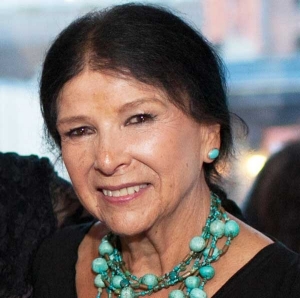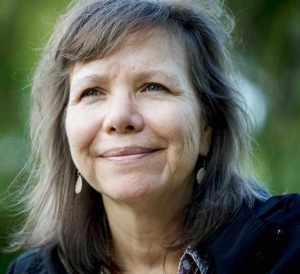Alanis Obomsawin, a member of the Abenaki Nation, is one of Canada’s foremost documentary filmmakers. The many films that she has directed with the National Film Board of Canada explore the lives and concerns of Canada’s First Nations. Her 50th and most recent film, Our People Will Be Healed, reveals how a Cree community in Manitoba has been enriched by an adequately funded school that nurtures Indigenous culture. Obomsawin originally launched her career in 1960 as a professional singer in New York City. In 1967, NFB producers Joe Koenig and Bob Verrall invited her to act as a consultant for a film on Indigenous people. Obomsawin quickly fell in love with the camera and never looked back. Obomsawin was inducted into the Playback Canadian Film and Television Hall of Fame in 2010 and honoured during the inaugural Birks Diamond Tribute to the Year’s Women in Film at TIFF in 2013. In 2014, Obomsawin also received the Humanitarian Award for Exceptional Contributions to Community and Public Service from the Academy of Canadian Cinema and Television.

 Photo courtesy of Cosmos Image
Photo courtesy of Cosmos Image
 Photo courtesy of Alan Lissner
Photo courtesy of Alan Lissner